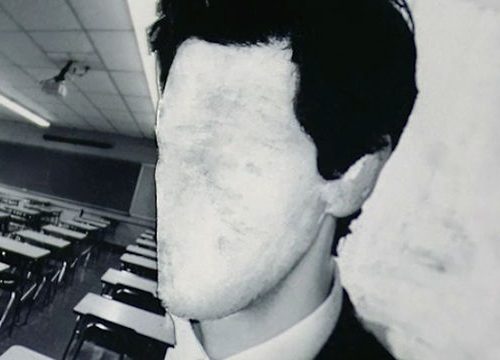“I knew we shouldn’t have let him near that microphone, His actions are irreparable, His motives Selfish, And his involvement most definitely changed the course of music on this island for the worse”: How I admitted my shortcomings as an engineer and how “Big Tom and The Bin Liners” ruined country music.
Intro:
As the blog posts for work based learning come to a close, my last blog will be used to reflect on a particular issue I had during placement, the lessons learned and the analysis undertaken as a result. I will be using Boud’s model of reflection to understand and process the situations I encountered while also showing my outcomes and future approaches to workplace communication.
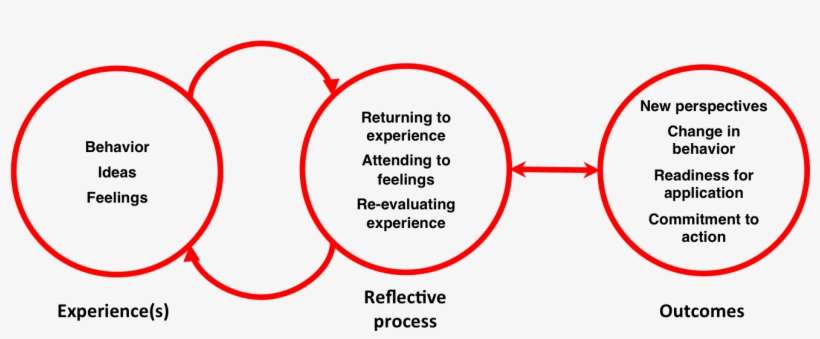
An Annoying Noise: Recording Noise and Four Country Roads
During my placement I was able to partake in roles that relate to my area of study, mainly live sound setup, studio assistant for artists in residence and even occasionally allowing access to the studio space to record my own clients. This trifecta fit perfectly with my career goals as ultimately any role that allows me to assist/nurture the creation of art has been my dream job since beginning my study at Queen’s, therefore this opportunity naturally came with great pressure to do well and impress if I wished to be offered a more long term role, so when things began to go awry I definitely didn’t take it easily.
What Happened?: Admitting Defeat and A Tax Scandal
During the first of these sessions and something I alluded to in my first blog post, was some technical teething issues I had with the studio. I was capable of dealing with most of the issues like the software teething issue I wrote about and the headphone mixes, though one would follow me around every subsequent session for the next month that I just couldn’t get rid of… Everytime I listened back to the recording there would be a significant amount of noise present, I would take these home with me, listen and sure enough the noise was still there rendering the entire day of work useless.
After the third time this occured I began to feel an overwhelming sense of disappointment in myself, as if I cannot operate the equipment in my workplace to the most of its potential, or worse, use it in such a way that it causes artifacts in the recordings, then my area of study and its surrounding core values of assisting artists in the creation of their art is ultimately useless by not representing the artists creation to its fullest potential.
This poor presentation of the art due to my shortfalls has been my biggest fear in my recording career and to have spent so long studying the craft of recording to fall at what felt like first hurdle was definitely a heavy weight to bear, What’s worse was that I felt as if I could not tell my coordinator Jeremy, after all I was trying to impress and show I was more than capable of holding down the role in the future and any admittance of defeat would surely sour my chances of long-term employment, and so the rock and hard place had been well established.
After weeks went by where I could have been using the studio but chose not to due to this internal struggle I finally bit the bullet and sent a lengthy text to my placement coordinator Jeremy explaining the situation. Immediately Jeremy responded with a very empathetic message with words of encouragement and offered to arrange another studio user and local recording engineer Orri to come down and give me a full rundown of the studio setup allowing me to ask any questions I wanted to solve any last issues I had.
Analysis: Setting Goals and Apologizing To My Granny
Using Boud’s model, I began processing my feelings and reflecting on the events. Attached below are my workings and conclusions.
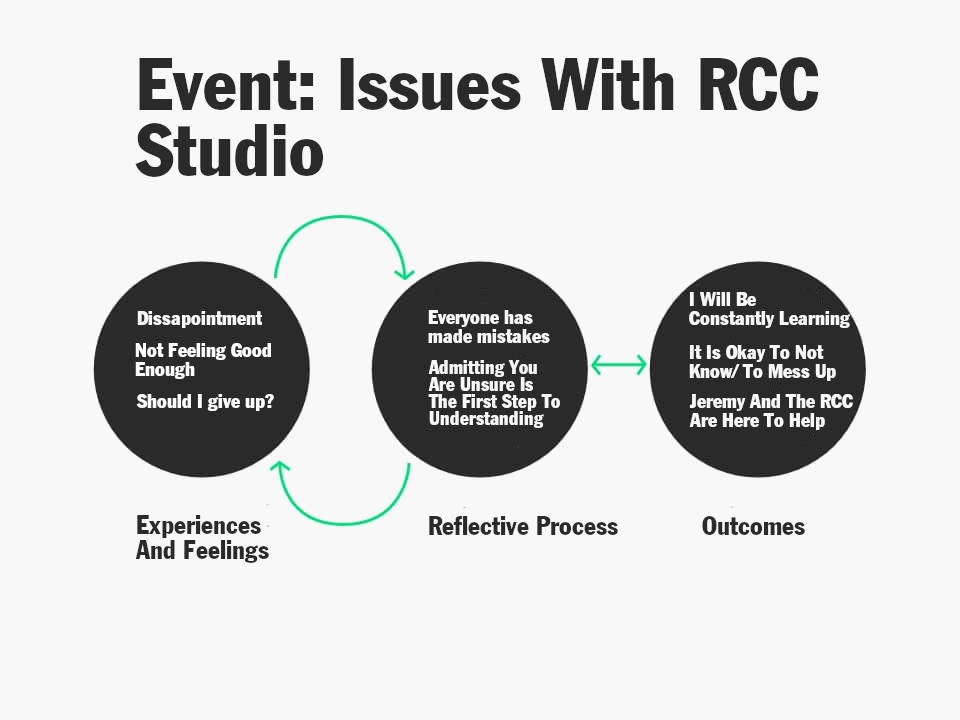
My first discovery upon using Boud’s model was that I realized just how much of my self worth was attached to being good at studio work and being viewed as a “perfect” engineer which ultimately led to an unhealthy perfectionism attitude, my self worth and mood directly correlated to my performance each day. To combat this I have been reading around the concept of perfectionism and found a helpful article (Northwestern, 2019) which discusses healthy vs maladaptive perfectionism. Currently I align closer to the maladaptive style. People with this style tend to set unrealistic or impossible goals and become obsessed with achievement while healthy perfectionism focuses on setting incremental and achievable goals while also using models like Boud’s to reflect and grow healthier/realistic perceptions of events while challenging unhelpful thought patterns. Using both Boud’s Model of reflection for unhelpful thinking patterns and the popular S.M.A.R.T target system businesses use to set Specific, Measurable, Achievable, Relevant and Time bound goals (Michael, 2021) will help me shift from a maladaptive to a healthy perfectionism style in regards to being a recording engineer.
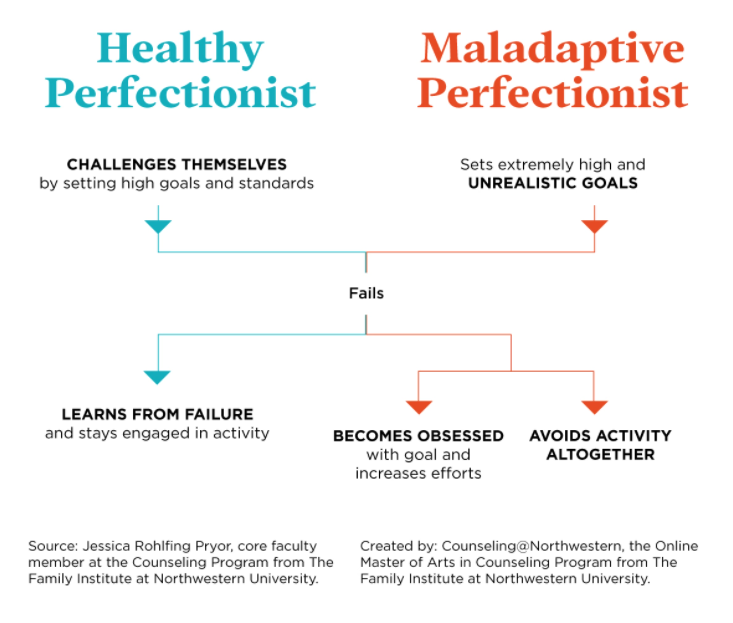
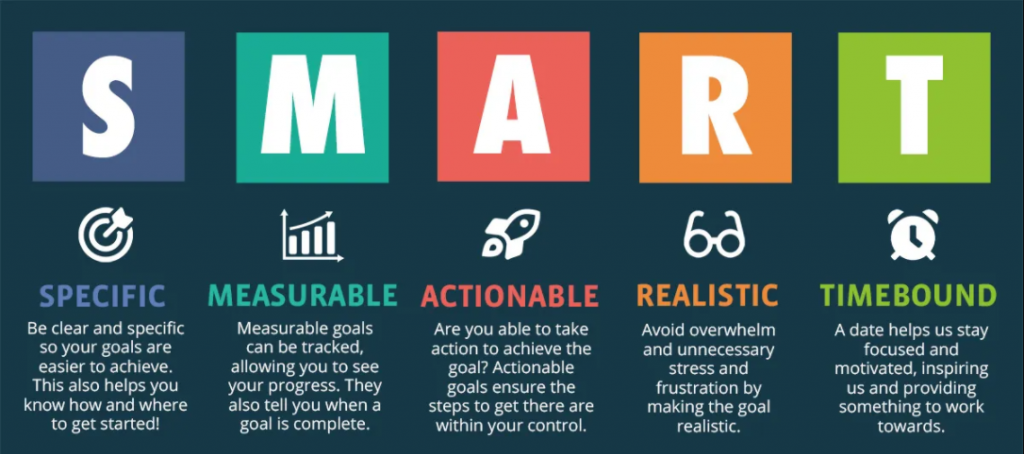
Secondly, as a result of admitting my weak points and attending the studio meeting I have been doing my own sessions much more frequently gaining valuable recording experience, new clients and bringing more business to the RCC. Along with this I am physically in the RCC more and meeting new staff everyday strengthening my network and presence within the center as a result. Similarly, bringing this problem to Jeremy helped strengthen our working relationship and trust together as after the studio meeting and working through my issues, he has been able to trust me with a lot more responsibilities such as more sessions and clients without worrying about my performance.
I used to believe that if I admitted my faults to Jeremy that he would see me as inexperienced or not capable of the job, however when talking with both Orri and Jeremy about this both of them began to recall their workplace horror stories. This really showed me that making mistakes was not only common, but inevitable and vital to the learning process. Although everyone in the RCC is older and much more experienced, they started on a similar journey to mine and want to provide help without fear of judgment.
Along with the points above this shows that effective communication has made me a healthier, more knowledgeable and more integrated member of the workplace overall and allowing myself to not know something is an integral part of growing in your chosen field.
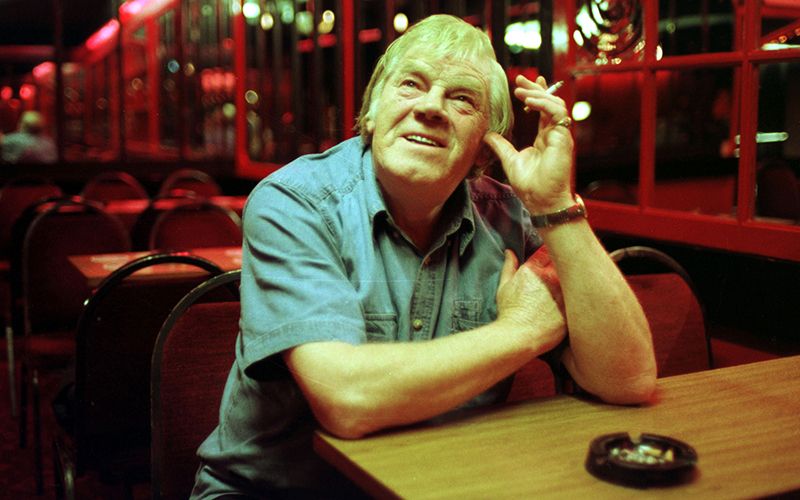
Bibliography:
Lugea, J. and Robb, D., 2021. Week 3: Reflective Writing. Available at: <https://canvas.qub.ac.uk/courses/15226/files/2214934?module_item_id=664517> [Accessed 20 March 2022].
SeekPNG.com. 2022. Reflection Cycle By David Boud – Boud Reflective Model 1985 PNG Image | Transparent PNG Free Download on SeekPNG. [online] Available at: <https://www.seekpng.com/ipng/u2q8u2o0y3i1w7i1_reflection-cycle-by-david-boud-boud-reflective-model/> [Accessed 20 March 2022].
Northwestern Family Institute. 2019. Pushing Back on Perfectionism: How to Be Happily Imperfect. [online] Available at: <https://counseling.northwestern.edu/blog/maladaptive-perfectionism-coping-strategies/#:~:text=open_in_new%20But%20when%20they%20fail,excessively%20high%20or%20impossible%20goals.> [Accessed 20 March 2022].
Michael, Rebecca, 2021. 10 SMART Goals Examples for Small Businesses. [online] Fit Small Business. Available at: <https://fitsmallbusiness.com/smart-goals-examples/> [Accessed 20 March 2022].
Louis, E., 2022. SMART Goals: Complete Guide for Coaches (plus .PDF). [online] The Coaching Tools Company. Available at: <https://www.thecoachingtoolscompany.com/smart-goals-complete-guide-for-coaches-with-pdf/> [Accessed 20 March 2022].
IrishCentral.com. 2018. Big Tom McBride icon of Irish country music has died | IrishCentral.com. [online] Available at: <https://www.irishcentral.com/culture/entertainment/big-tom-mcbride-irish-country-music> [Accessed 20 March 2022].
How to: Be a PA
You May Also Like
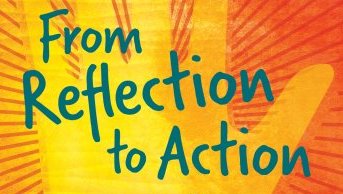
Reflection-In-Action: The Value of Challenges
25 March 2022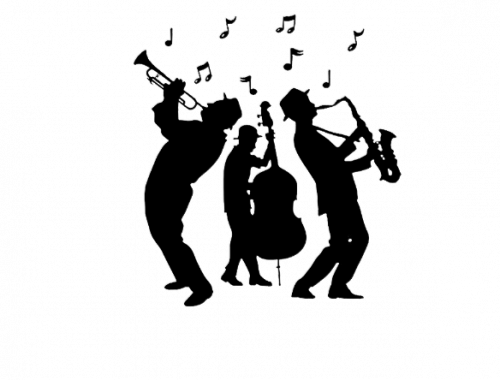
Improvising like jazz
27 March 2022